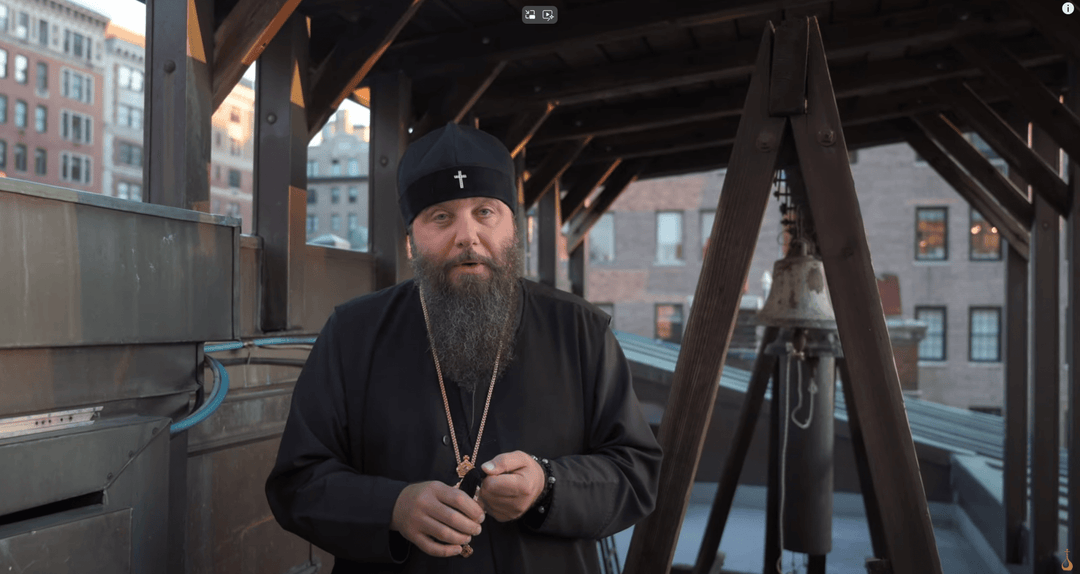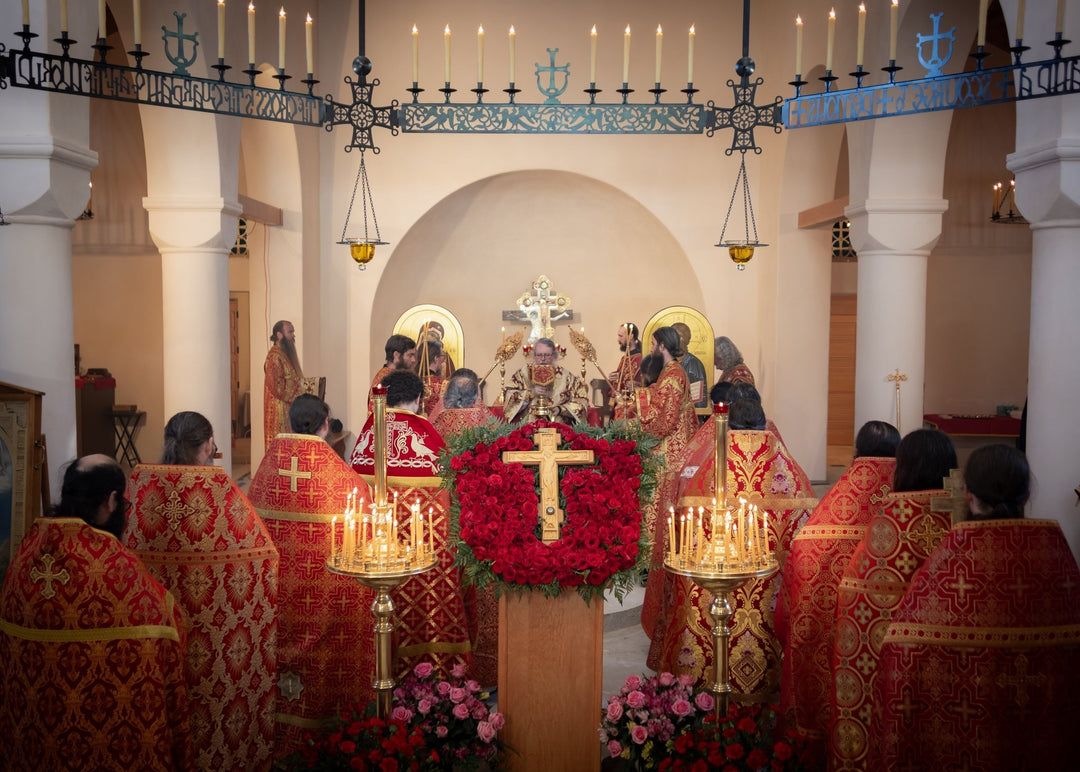Sermons & Homilies
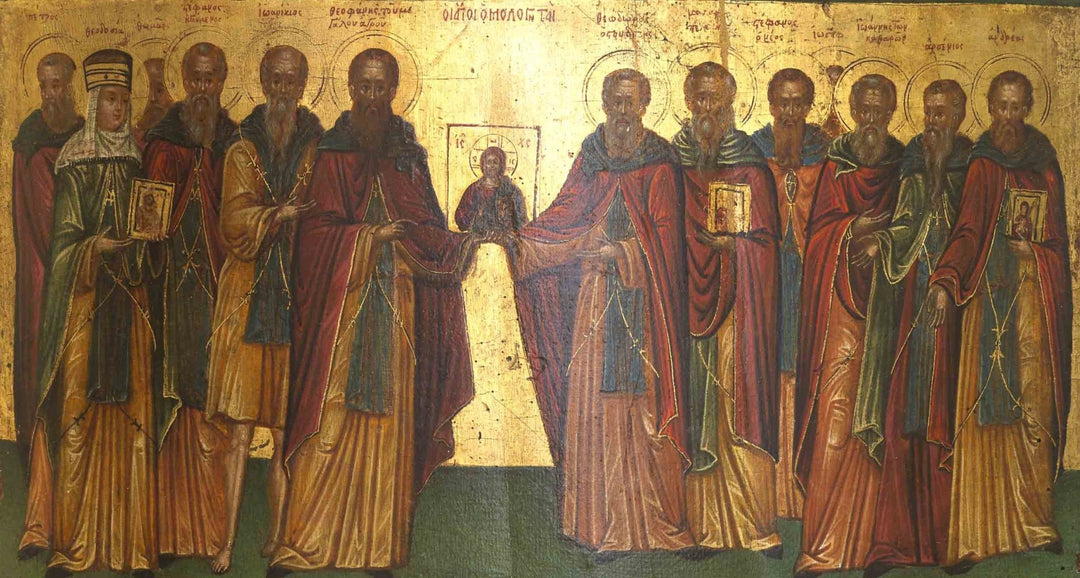
Lent is a small classroom of Orthodoxy within a larger university of Orthodoxy. It is the recalling to Paradise of those who fell away; it is the pronouncement of the resurrection of those dead in sin to life in Christ; it reveals the truth to those deceived by the devil; and it announces sight to the blind, guidance to the lost, a haven for the storm-tossed, and life in a world which kills.
Continue reading
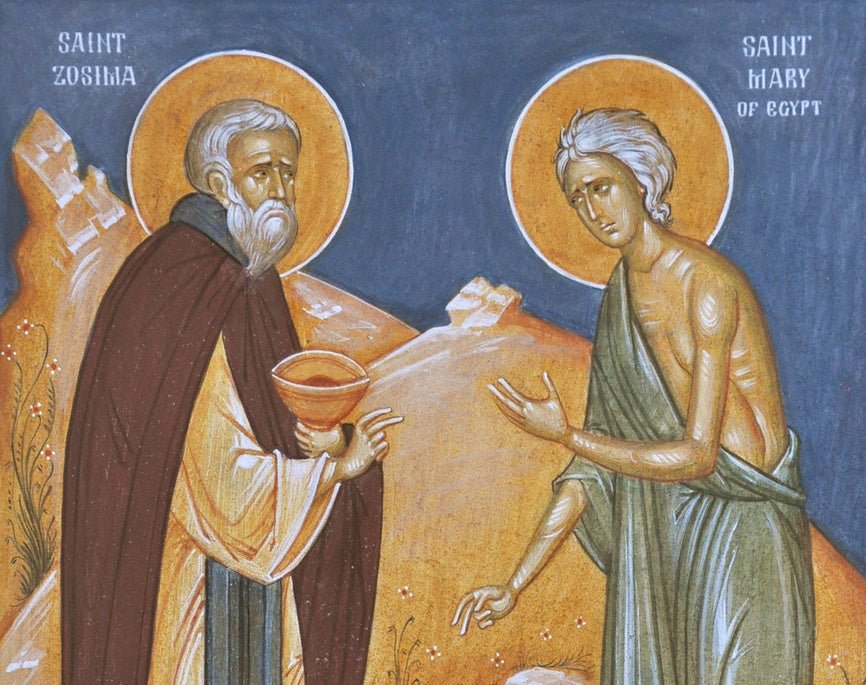
Those who do not see their sins will not possess repentance, and those who do not acquire repentance will never draw near to contrition of heart. Those bereft of contrition will never become humble, and those who are not crushed and made tender by the grace of radiant and quiet humility will never see Who Christ—the most meek and humble of heart—really is. Those who do not see God will never know Him, and those who do not know God will never be able to be exalted by insuppressible love for Him.
Continue reading
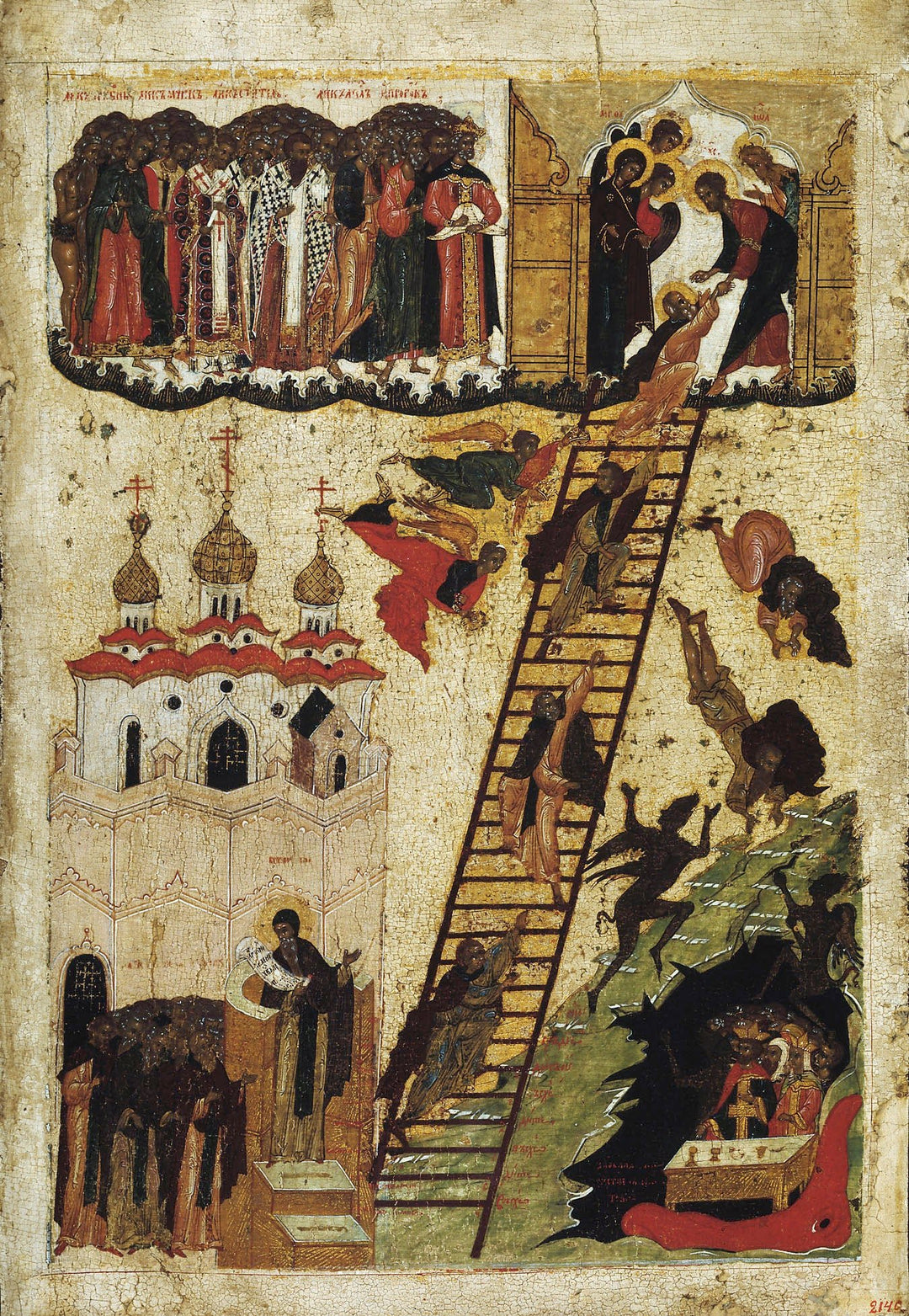
In the icon of the Ladder of Divine Ascent, we only see the image of Christ at the very top, upon the last step (of love); but, this does not mean that Christ is not with us at every step. It is true that the “light of the knowledge of the glory of God in the face of Jesus Christ” is only seen in its full, unmediated vision, at the height of the ladder’s summit: divine love and union with God—that is, only after we have struggled long and hard, co-operating with God, and His grace has freed us from sin and passion; and He has made to grow within us the fullness of His love, making us to see Him within us in the fullness of His glory.
Continue reading
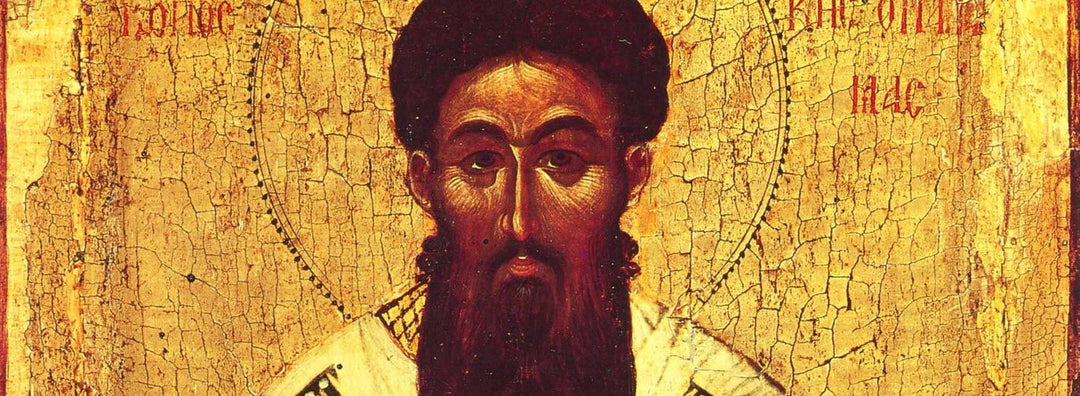
How is God known? That is the question which St. Gregory Palamas answered in his response to accusations raised by Gregoras, Barlaam, and Akindynos. After four successive synods in the fourteenth century (1341, 1344, 1347, 1351), the teaching of St. Gregory was upheld and that of Gregoras, Barlaam, and Akindynos were condemned. His teaching and their heresies were written in the Synodikon of Orthodoxy in 1453 and are read on every Sunday of the Triumph of Orthodoxy (the first Sunday of Lent). The commemoration of St. Gregory on the second Sunday of Lent is like a continuation of the Triumph of Orthodoxy because of his triumph over these heretics. St. Gregory reposed in 1359 and was canonized in 1368, only nine years after his death and seventeen years after the last synod which upheld his teaching. It is St. Gregory’s teaching on how God is known which will be the subject of our homily today
Continue reading
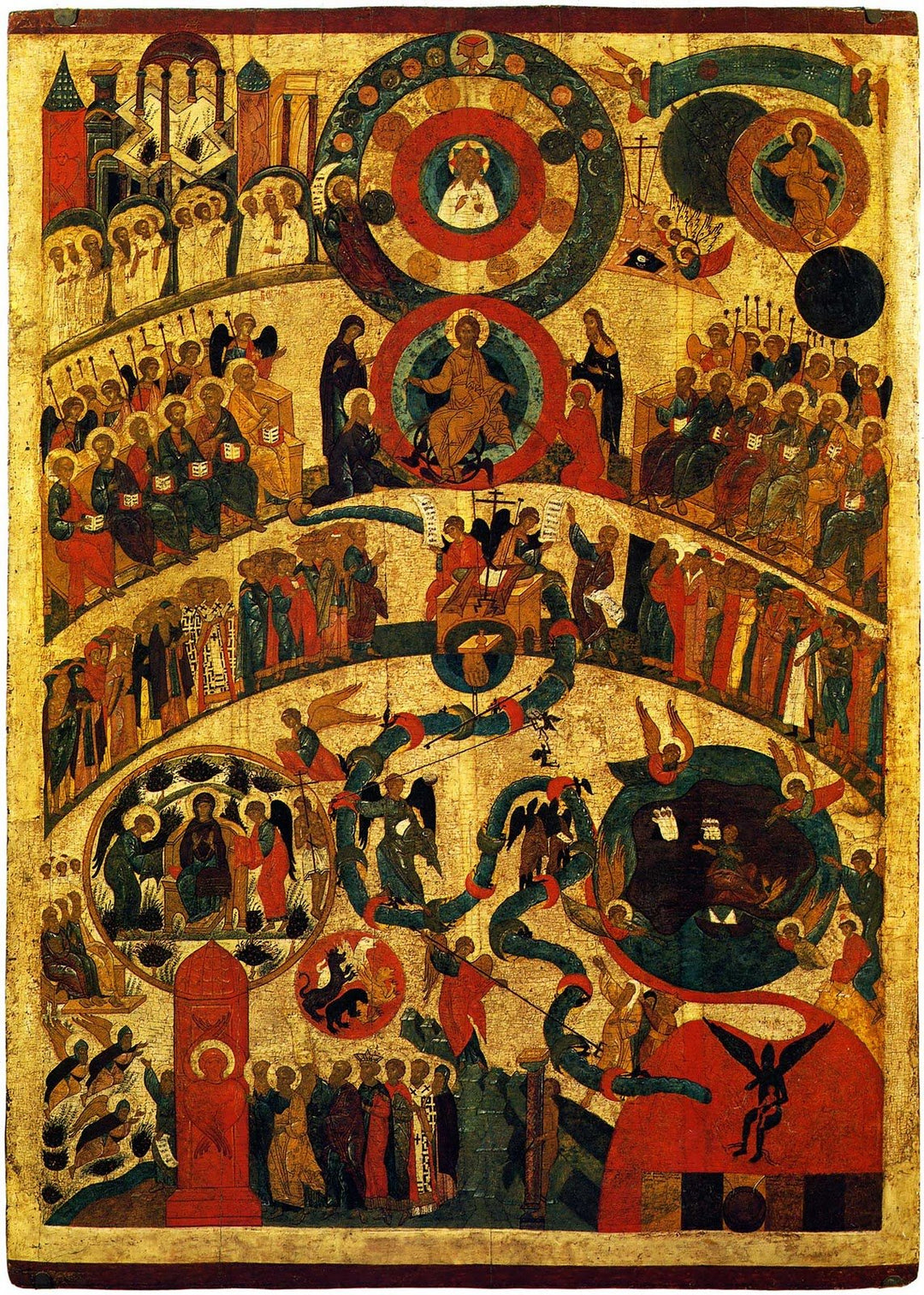
Today, we see heaven and earth passing away. We see them rolled up like a scroll. We see the elements melting on account of the divine fire of Christ the most glorious God-Man Who has come again to His creation in the same manner as He ascended from it. However, now He is seen by every eye. Now the veil of time and space, of heaven and earth, the veil of spiritual blindness, and of willful ignorance, all of these now are taken away, and every eye sees Christ.
Continue reading





